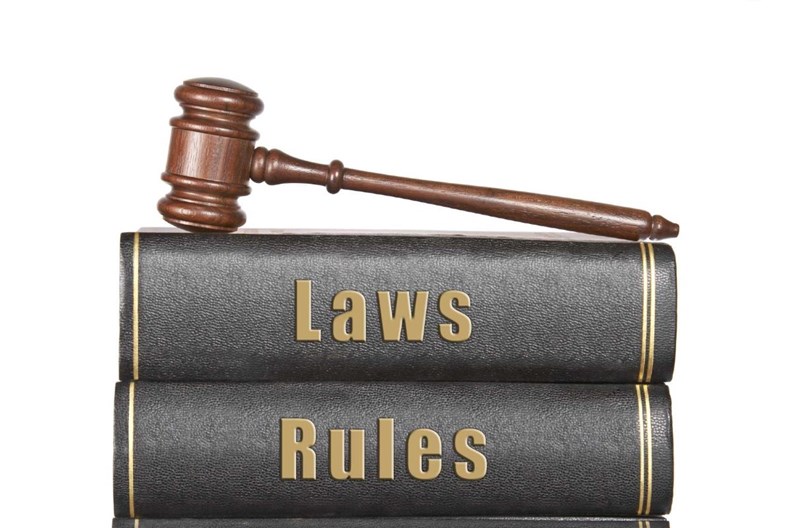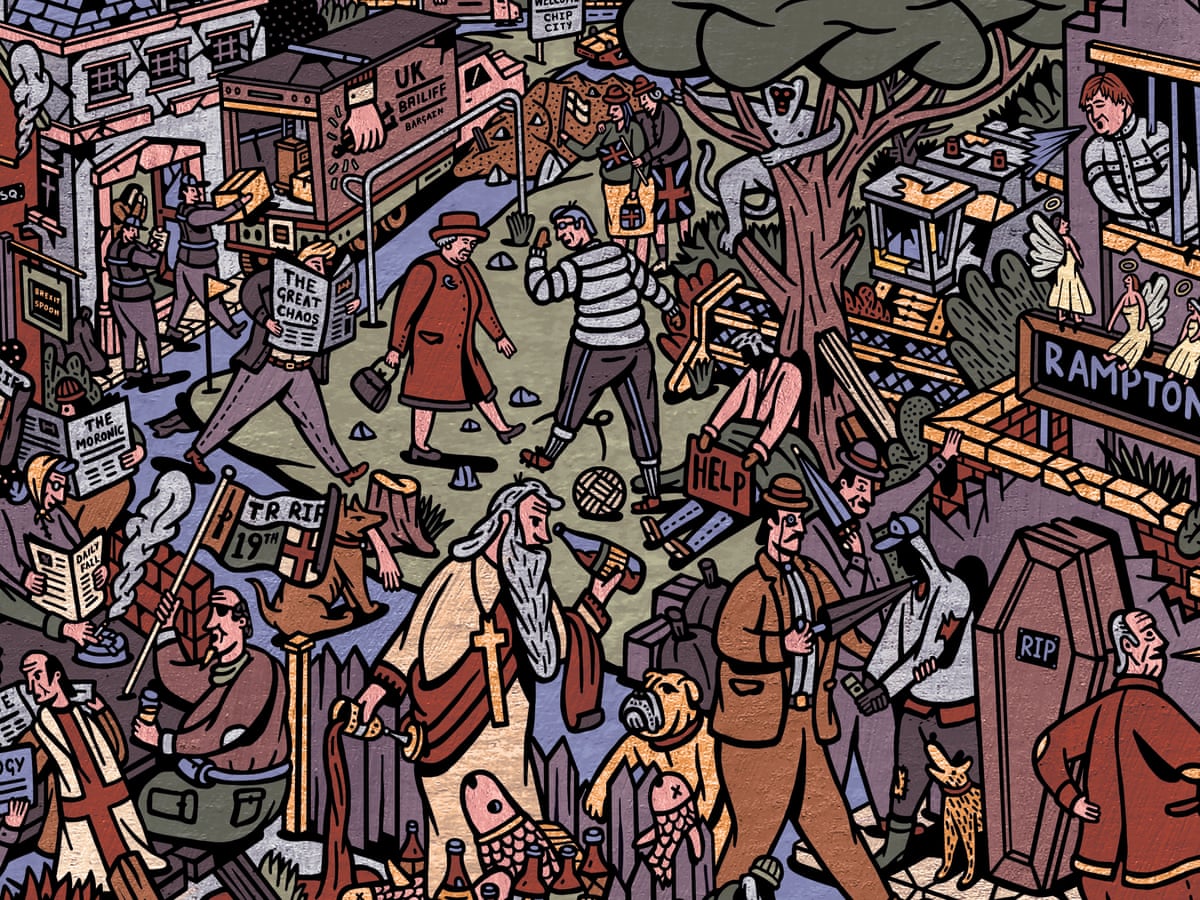Topic: What is law and its functions? How and why do they change?
- What is the Law?
- The law affects nearly every aspect of our lives every day. We face crimes such as robbery and murder. We also have laws that govern activities like driving a car, getting a job, and getting married. (Government of Canada, What is the law? 2017)
- Laws give us rules of conduct that protect everyone’s rights. (Government of Canada, 2017)
- Why we need laws?

- Laws are rules made by the government that forbid certain actions enforced by the courts. Laws apply to everyone equally with specific consequences outlined for the type of laws that are broken. For example, you may have to pay a fine, pay for the damage you have done, or go to jail depending on the severity of the crime. (Government of Canada, 2017)
- Our laws also recognize and protect basic individual rights and freedoms, outlined in the Charter such as liberty, equality and freedom of religion. (Government of Canada, What is the law? 2017)

- Imagine the chaos – and the danger – if there were no laws. The most powerful people would be in unchecked control and the concept of accountability would not exist. Drivers could choose which side of the street to drive on and deterrence for crime would decrease. Imagine trying to buy and sell items if no one had to keep promises. Or attempting to hold onto your personal property or even to keep yourself safe if there were no laws against robbery or assault. (Alexander, 2020)
- Even in a well-ordered society, people disagree, and conflicts arise. The law provides a way to resolve disputes peacefully. If two people claim the same piece of property, rather than fight they turn to the law. The courts can decide who the real owner is and how to protect the owner’s rights. (Government of Canada, 2017)
- What other goals do laws achieve?
- In Canada, laws also carry out social policies. Laws allow systems to be put in place for governments to provide, for example,
- benefits when workers are injured on the job;
- insurance when workers are unemployed;
- health care; and
- loans to students. (Government of Canada, What is the law? 2017)
- Public law and private law
- Laws can be divided into public law and private law.
- Public law sets the rules for the relationship between the individual and society. If someone breaks a criminal law, it is seen as a wrong against society. (Rosenfeld, 2013)
- Constitutional law, which defines the relationship between various branches of government, as well as between federal and provincial governments; it also limits the exercise of governmental power over individuals through the protection of human rights and fundamental freedoms. (Rosenfeld, 2013)
- Administrative law, which deals with the actions and operations of government (Rosenfeld, 2013)
- If someone carries unpaid products out of a store, this constitutes theft. It violates public law because it affects other people. If you back a car into another’s fence, you could be violating their right to enjoy their property. That falls under private law. (Rosenfeld, 2013)
- Private law or Civil law sets the rules between individuals Private law settles disputes among groups of people and compensates victims, as in the example of the fence. A civil case is an action that settles private disputes. (Rosenfeld, 2013)
- Law reform: How do laws change
- Every day, we hear about social issues, medical developments, and new technologies. All of these raise moral and legal questions. These kinds of changes mean we need to constantly reform our laws in order to ensure our system of law and justice meets the challenges of our society. (Government of Canada, 2017)
- As people change the way they live and work, some laws may become obsolete. Or new situations may arise that no existing law deals with. (Government of Canada, 2017)
- For example, old laws against theft did not foresee identity theft or online harassment. The same technology that enables one person to find information about another also makes it possible to steal information, intended to be private. (Government of Canada, 2017)
- Alternative approaches to laws
- We may even need to change the system of law and justice itself. In our court system, it can take years to settle disputes. This can be done using less formal methods. Some informal mediation methods, such as alternative dispute resolution and landlord-tenant disputes, are already established within our community. (Dillan, 2018)

- Aboriginal customs and traditions have also contributed to new ways of dealing with people, such as healing and sentencing circles, community justice, and restorative justice. (Dillan, 2018)
- The Aboriginal Justice Strategy (AJS) is a way of diverting low-risk non-violent offenders from mainstream justice to restorative justice. As a result, offenders don’t get a criminal record, they can instead make amends to their community to reflect and include Aboriginal values within the justice system. (Dillan, 2018)
- Changing laws
- Government legal experts are constantly examining our laws and looking for ways to improve them. Law reform committees equally review laws and recommend changes. Lawyers bring questions of law to court to enforce change. (Government of Canada, 2017)
- Social action groups seek changes to laws that they consider unfair to members of Canadian society. (Government of Canada, 2017)
- Industry groups and other stakeholders meet with government decision-makers in an effort to present their opinions on the direction of public policy. (Government of Canada, 2017)
- Legislators in the federal, provincial, and territorial governments respond by introducing new laws or changing old ones. (Government of Canada, 2017)
- Ultimately, though, it is the people of Canada who elect the lawmakers. We as Canadians need to decide what we want from the law and then make sure it reflects those wishes. Everyone has the right to work toward changing the law. (Government of Canada, 2017)
References:
Alexander, C. (2020, June 04). Where’s the accountability in Canada’s justice system? Retrieved April 09, 2021, from https://representingyourselfcanada.com/wheres-the-accountability-in-canadas-justice-system/
Dillan. (2018). Restorative justice. Retrieved April 09, 2021, from https://www.justiceeducation.ca/about-us/research/aboriginal-sentencing/restorative-justice#:~:text=Aboriginal%20Restorative%20Justice%20Remedies,offender%20to%20avoid%20future%20harms.&text=In%20addition%20to%20healing%20community,underlying%20causes%20of%20their%20offence
Government of Canada, D. (2017, October 16). Keeping the law up to date. Retrieved April 09, 2021, from https://www.justice.gc.ca/eng/csj-sjc/just/04.html
Government of Canada, D. (2017, October 16). What is the law? Retrieved April 09, 2021, from https://www.justice.gc.ca/eng/csj-sjc/just/02.html
Rosenfeld, M. (2013, January 07). Rethinking the boundaries between public law and private law for the twenty FIRST CENTURY: An introduction. Retrieved April 09, 2021, from https://academic.oup.com/icon/article/11/1/125/776211
Thanks for reading! If you have any suggestions of anything I should cover, please let me know!

Dear Rasee,
I really enjoy your first round of research! Looking back at your initial plan, I believe you made an excellent decision to start with making liasions between law and philosophy’s relationship, as a whole. Your specific examples got me thinking about its development into, what I would now consider, a larger governmental lead. I greatly enjoyed how you had build-up to your statements, then concluded with supportive evidence. Your inquiry project will take an application we see at the surface level, to its underlying effects. I am always intrigued by these fascinating reads!
Looking forward to your next two rounds.
Best Regards,
Galicia.
Thanks, Galicia!
Hi Rasee,
I liked how you went over what law is fundamentally. I expect you’ll do the same for philosophy. I think the one thing I was hoping for would be an explanation of the origins of laws although I do like how you included how they change. Both of these things are going to connect to your question very well. The law of a place is dependant on the philosophy/morals of the place. To know how those laws came to be says a lot about the place. Overall great job and very informative!
Here are some resources,
https://www.geographyrealm.com/geography-and-the-law/#:~:text=In%20the%20study%20of%20law,law%20is%20developed%20and%20applied.
(about geography and law)
https://www.huffpost.com/entry/a-detrimental-influence-t_b_1106045
(law and religion)
https://academic.oup.com/bjc/article-abstract/4/6/570/382387?redirectedFrom=PDF
(law and morals)
Good luck,
Shieva Mokhtarnameh
Thanks for the sources Sheiva! I’ll definitely make sure to touch on those topics in future posts!